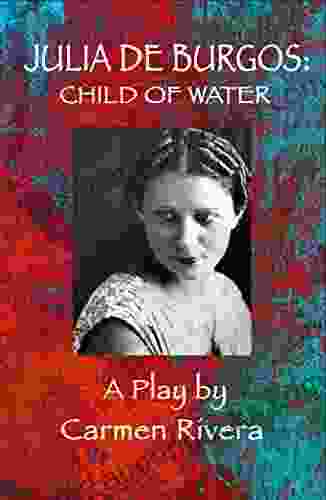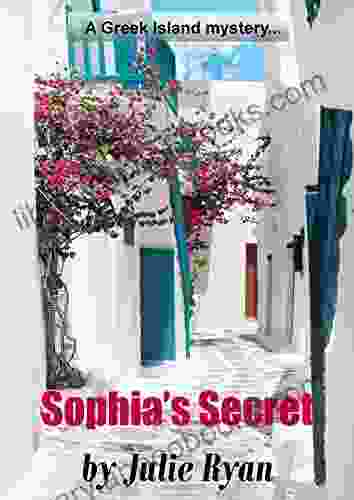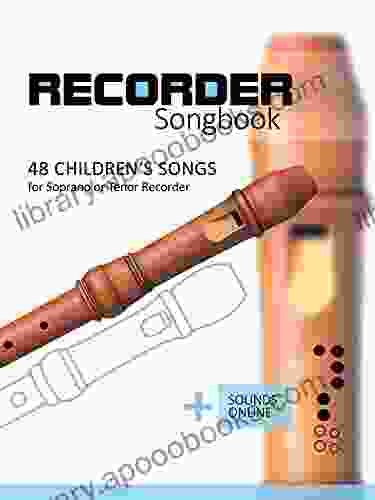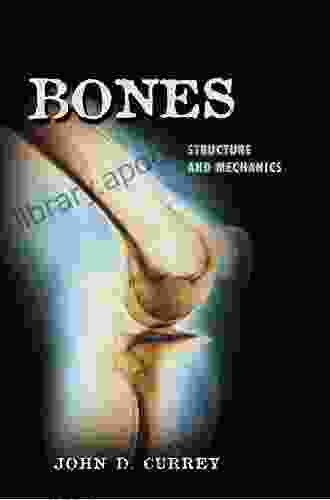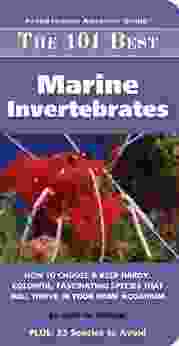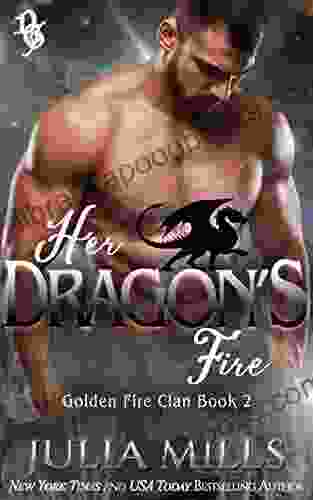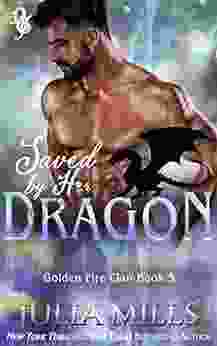: The Life and Legacy of Julia de Burgos
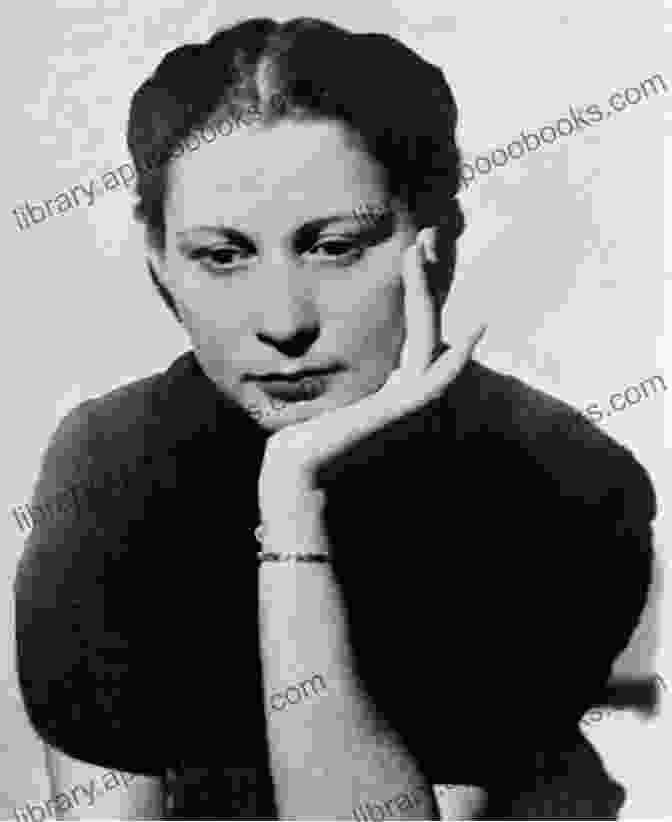
5 out of 5
| Language | : | English |
| File size | : | 3101 KB |
| Text-to-Speech | : | Enabled |
| Screen Reader | : | Supported |
| Enhanced typesetting | : | Enabled |
| Print length | : | 104 pages |
| Lending | : | Enabled |
Julia de Burgos, known as the "Child of Water," was a groundbreaking Puerto Rican poet who left an indelible mark on the literary world. Born in Carolina, Puerto Rico, on February 17, 1914, she displayed an early passion for writing and language, enchanting her family with her storytelling abilities. Despite facing societal and personal challenges, she rose to become one of the most celebrated poets of her time.
Burgos's life was marked by both triumph and tragedy. She rose to prominence in the 1930s and 1940s, publishing several collections of poetry that explored themes of love, loss, resilience, and the search for identity. Her work resonated deeply with a generation of Puerto Ricans who were yearning for a voice that expressed their experiences and struggles.
However, Burgos's personal life was often tumultuous. She faced societal prejudice due to her mixed-race heritage and her outspoken nature. She experienced heartbreak and loss that found its way into her poetry, adding depth and authenticity to her work.
Thematic Explorations in Burgos's Poetry
Julia de Burgos's poetry is a rich tapestry of emotions and experiences, reflecting the complexities of her life and the human condition. Her work can be broadly divided into three thematic categories:
Love and Desire
Love was a central theme in Burgos's poetry. She explored the complexities of romantic love, its joys and sorrows, its power to inspire and devastate. Her poems often portrayed the intensity and passion of desire, but they also acknowledged the pain and heartbreak that can accompany love.
Loss and Resilience
Burgos's poetry also delved into the depths of loss and grief. She mourned the loss of loved ones, the loss of innocence, and the loss of her homeland. Through her poetry, she found solace and resilience, transforming her pain into a source of strength.
Identity and Belonging
As a woman of mixed-race heritage, Burgos often grappled with questions of identity and belonging. She explored her Puerto Rican roots and her experiences as a minority in the United States. Her poetry expressed a longing for acceptance and a search for a place where she could truly feel at home.
"Child of Water": A Poetic Masterpiece
Among Julia de Burgos's most renowned works is her poem "Child of Water," published in her 1939 collection "Canción de la verdad sencilla" ("Song of Simple Truth"). The poem is a lyrical meditation on her connection to the ocean and her sense of displacement in the world.
In "Child of Water," Burgos describes herself as "a child of the sea" who longs to return to her watery home. She portrays the ocean as a source of comfort and renewal, a place where she can escape the confines of society and embrace her true nature.
The poem also explores the theme of displacement and loss. Burgos yearns for a sense of belonging, but she feels like an outsider in both Puerto Rico and the United States. The ocean becomes a symbol of her longing for a place where she can truly feel at home.
Legacy and Impact of Julia de Burgos
Julia de Burgos's life and work have had a profound impact on Puerto Rican literature and beyond. Her poetry continues to be celebrated for its emotional depth, its exploration of universal themes, and its unwavering commitment to truth and justice.
Burgos's legacy extends beyond her written work. She is remembered as a pioneer for women and minorities in literature. Her outspokenness and her refusal to conform to societal expectations paved the way for future generations of writers to tell their own stories.
Julia de Burgos's poetry remains as relevant today as it was when she first wrote it. Her voice speaks to the human experience of love, loss, and the search for identity. Her work continues to inspire and empower readers worldwide, reminding us of the power of language to heal, uplift, and transcend.
: A Timeless Poetic Legacy
Julia de Burgos, the "Child of Water," left behind a timeless poetic legacy that continues to captivate and inspire readers. Through her exploration of love, loss, and resilience, she gave voice to a generation of Puerto Ricans and spoke to the universal human experience.
Burgos's poetry is a testament to the transformative power of language. Her words have the ability to heal wounds, bridge divides, and empower individuals to embrace their own identities. As we celebrate her life and work during Hispanic Heritage Month, let us continue to draw inspiration from her legacy of courage, resilience, and unwavering belief in the human spirit.



